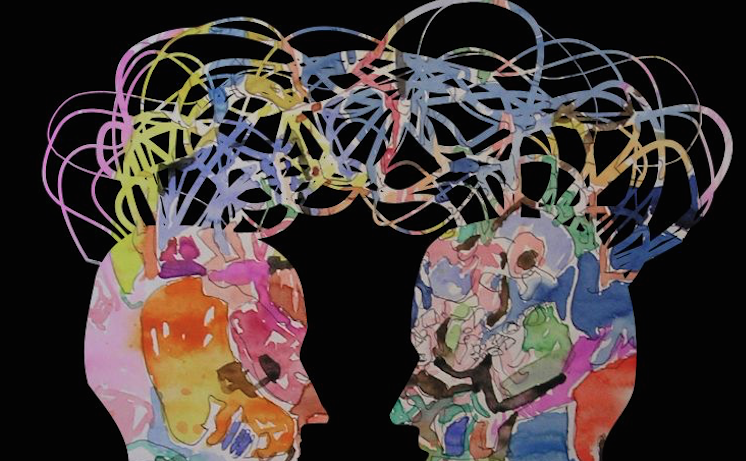Stress is getting to be too much for many young Americans — that is, according to the results of a survey by the American Psychological Association (APA) that was performed in 2012. The survey results indicate that Millennials — the group of young adults aged 18 to 33 years — endure higher than average levels of stress. Almost half of people in that age group said they aren’t getting the health care support they need to manage their stress levels.
That’s a big deal, because stress can be a factor in both physical and mental illness. Uncontrolled stress can affect immunity, contribute to cardiovascular disease and heart attacks, and harm the central nervous system and neuroendocrine system. But that’s not all it can do — stress can also take a huge toll mentally and emotionally, and can contribute to mental illnesses like depression and anxiety. Millennials are more likely than older adults to be diagnosed with mental illness, and less likely than their elders to either seek or receive adequate mental health care.
For the 2012 APA survey on Americans and stress, entitled “Stress in America: Missing the Health Care Connection,” representatives of Harris Interactive questioned 2,020 American adults about their stress levels, whether and how often they speak with their doctors about stress management, and what kind of medical support they may have received for stress management.
Millennials were far from the only adults surveyed to express problems with stress management or a lack of medical support for stress management. A mere 17 percent of the total adults surveyed said they regularly spoke with their doctors about managing stress, while 33 percent said they never had and 32 percent said they thought speaking with their doctors about stress was important.
Fifty-three percent of those surveyed said they got very little or no medical advice for managing their stress, and 39 percent said their doctors gave them no advice for how to modify their behavior to reduce stress. One-fifth of the respondents said they experienced what the authors considered an “extreme” level of stress, defined as an eight or a nine on a 10-point scale. Sixty-nine percent of those surveyed said their high stress levels had worsened in the 12 months prior to the survey.
While Millennials certainly aren’t the only Americans dealing with stress, they may be dealing with more stress than older adults. The average American aged 18 to 33 reported a stress level of 5.4, while the national average is 4.9 and a “healthy” level is 3.6 or lower. Forty-nine percent of adults in this age group said they weren’t doing enough to manage their stress. Only 23 percent said their doctors offered support to help them change their behavior and manage stress, and 17 percent said they were happy with that support.
Stress is a big deal for Millennials in part because it can contribute to physical and mental illness. Adults in this age group are most likely to be diagnosed with mental illnesses like schizophrenia, bipolar disorder, and depression.
It’s true that about 75 percent of mental health conditions first appear before the age of 24 — that’s in the nature of mental illness. But stress can be a big contributing factor for mental illness, especially conditions like depression, PTSD, addiction, bipolar disorder, and anxiety disorders.
While Millennials are the most likely group to develop mental illness, they are the least likely to seek treatment. Part of the reason for this is that many Millennials may be under-insured, even with the passage of the Affordable Care Act. Others are intimidated by the presence of so many older people in group therapy programs and inpatient treatment facilities. Still others simply don’t know where to turn for treatment. When you earn an MA in clinical mental health counseling, you’ll learn ways to make mental health care more accessible to the younger generation.
For many young people struggling with mental illness, the answer lies in treatment programs tailored for their needs as young adults. Younger people tend to be more open about their experiences with mental illness and want to talk about their feelings more with people in their own age group. Medicaid can provide comprehensive mental health treatment for financially struggling young people in many states. Services like Mental Health Consumer and OK2Talk can help young people find support and information about mental health services in their communities.
While all Americans are experiencing increasing levels of stress, Millennials seem to be bearing the brunt of it. High stress levels are taking their toll on the mental health of the younger generation. But with the right kind of help, young people who struggle with stress and its complications can go on to lead valuable and fulfilling lives.





















One thought on “Are Millennials The Group Most Likely To Develop A Mental Illness?”